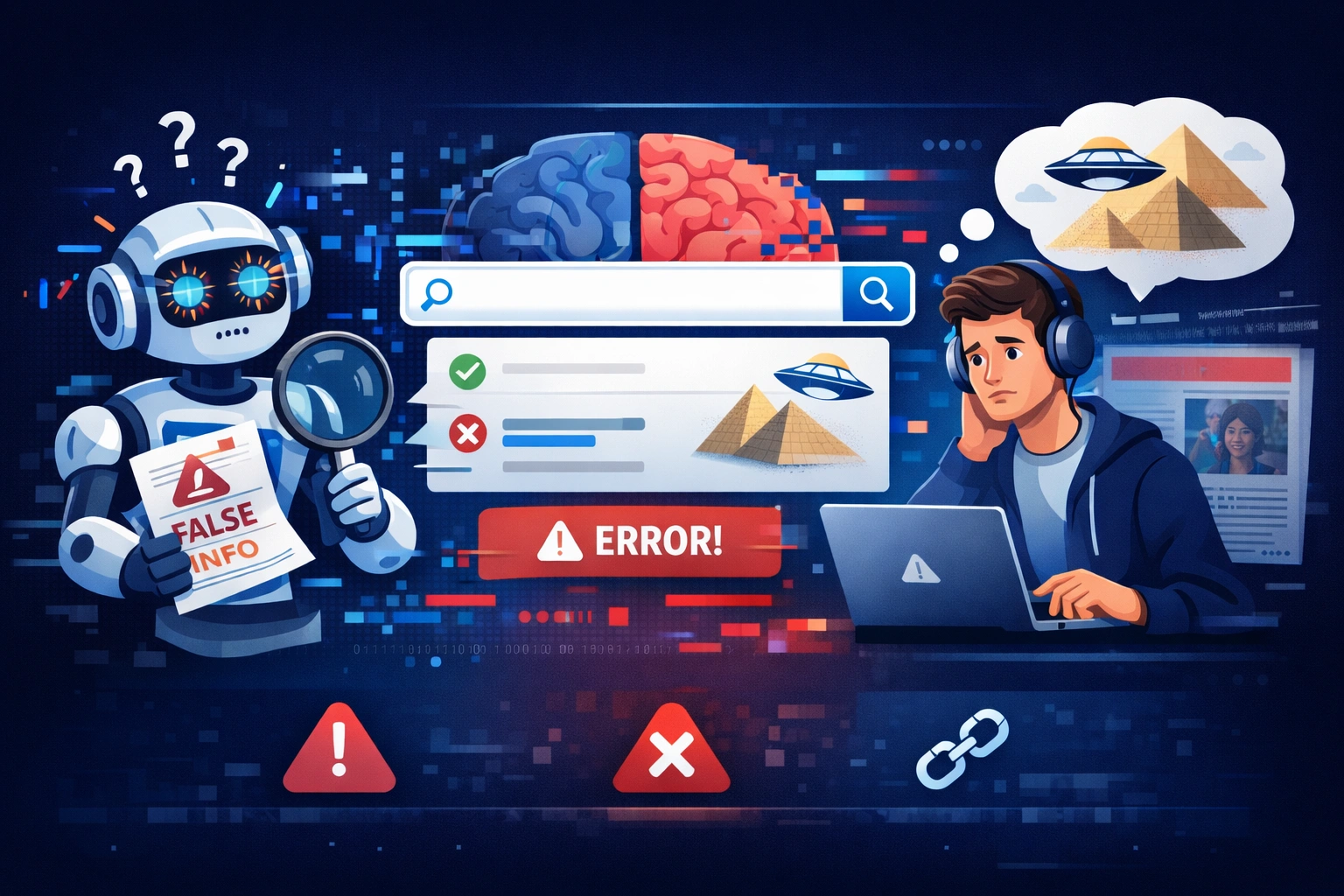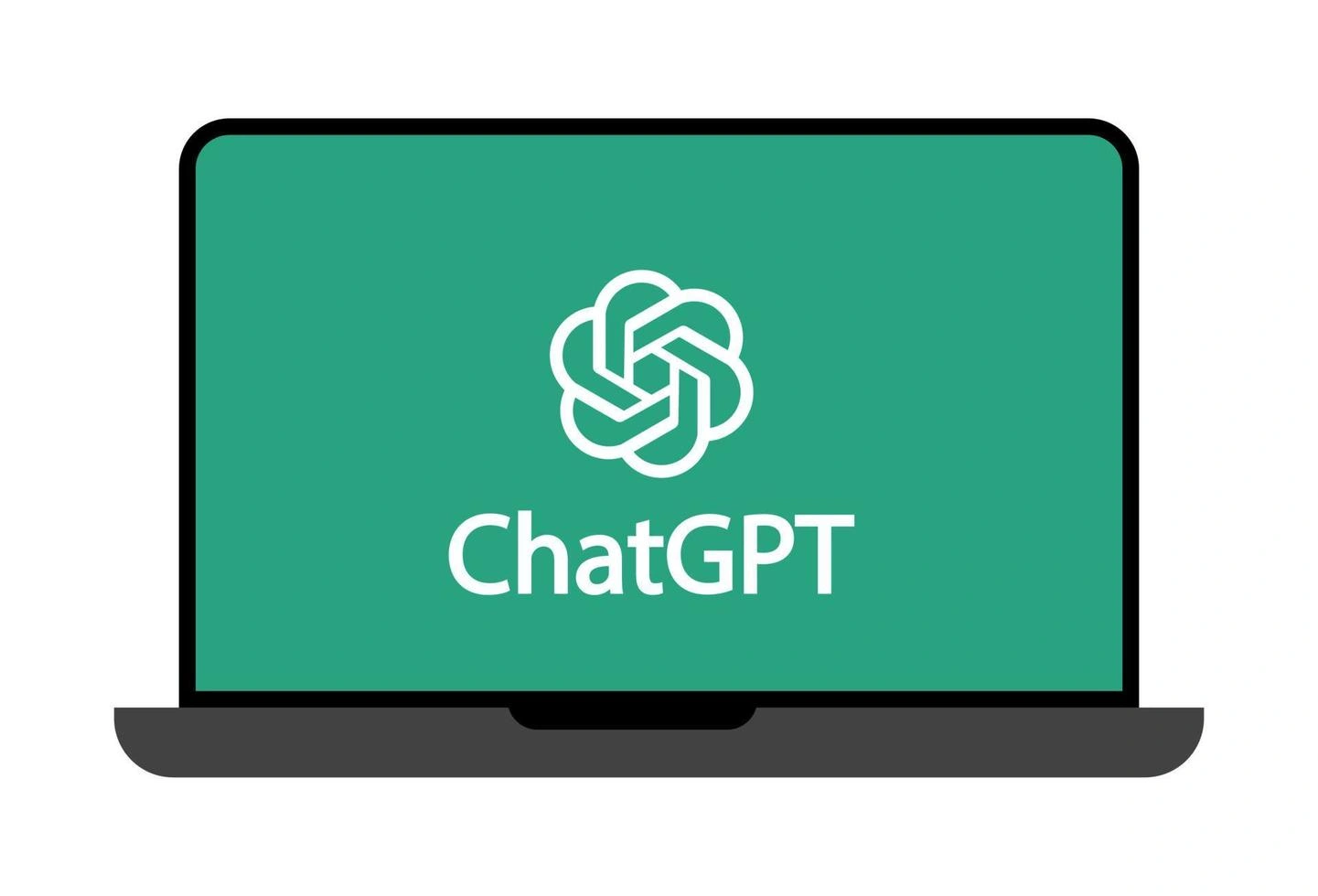llms.txt - Helpful Web Standard or the Internet’s Next Spam Magnet? (2026 Analysis)

Introduction
Disclaimer:
This analysis is based on industry research, public documentation, and Appear Online's SEO and AI search expertise. No AI platform has contributed to or endorsed this article. Website owners should conduct their own testing and due diligence before implementing llms.txt or related access controls.
Introduction: The Internet Has a New File to Argue About
AI changed how content is scraped, indexed, cached, and reused almost overnight. For decades, robots.txt quietly governed how search engines interacted with websites. But in 2024-2026, a new problem emerged:
Most websites became accidental training data for large language models.
Publishers, journalists, e-commerce sites, and creators discovered their work inside ChatGPT, Gemini, Claude, Perplexity, and unregulated scrapers - often without consent. To address this, a proposed new standard appeared: llms.txt. It promises transparency and control. But does it actually work? Is it enforceable? Or is it the next spam magnet waiting to happen?
This article examines what llms.txt is, what it can and cannot do, how AI companies may treat it, and what SEOs and website owners should be doing in 2026.
Let’s get straight into it.
Stay ahead of algorithmic disruption - speak to our AI SEO team.
What is llms.txt? (Short Version)
llms.txt is a plaintext file - similar to robots.txt - that allows site owners to express:
- Whether AI crawlers can train on their content
- Whether AI models may cache their content
- Whether AI models may use their content for inference (e.g., AI Overviews)
- Which directories AI crawlers may access
- Whether certain models have restricted or permitted access
The problem:
There is no enforcement mechanism. Compliance is optional, not guaranteed.
Still, llms.txt is an important first step in defining AI access across the web.
What llms.txt Was Created to Solve
- Step 1 - AI scraped everything. Public websites were ingested into training datasets without notice.
- Step 2 - Creators realised their content was appearing in LLM outputs. Often summarised, paraphrased, or embedded inside AI-generated answers.
- Step 3 - Publishers demanded consent and transparency.
- Step 4 - Regulators began investigating data handling.
- Step 5 - llms.txt arrived as a proposed solution.
It aims to create a simple, universal way for websites to declare AI access preferences.
But reality is more complicated.
What llms.txt Can and Cannot Control
Before implementing llms.txt, it’s essential to understand its actual capabilities. Many assume llms.txt blocks AI entirely - but that’s not true. llms.txt only influences future crawling behaviour for AI models that voluntarily choose to respect it. It does not delete historical training data, remove archived content, or prevent unauthorised scrapers from copying your website.
The table below breaks down what llms.txt genuinely controls versus the areas where it has no influence, helping publishers, SEOs, and e-commerce sites set realistic expectations.
The Trust Problem: Why SEOs Don’t Fully Believe in llms.txt
Let’s be blunt:
Good actors follow standards. Bad actors ignore them.
llms.txt suffers from the same weakness as voluntary standards:
- Ethical AI crawlers will honour it.
- Unethical AI crawlers will not.
- Shadow AI datasets won't care either way.
This creates the core trust gap:
The sites that obey the rules are the only ones limited by them. The crawlers who ignore the rules get the biggest advantage.
This is why many SEOs view llms.txt as a good idea with weak enforcement.
The Spam Magnet Problem
llms.txt introduces ambiguity - and ambiguity invites exploitation.
Potential abuse patterns include:
- Fake “allow training” claims
- Directives designed to manipulate AI ranking
- “Premium whitelist access” scams
- AI crawlers impersonating legitimate agents
- Blackhat attempts to block competitor models
- Malicious bots ignore all standards
The web is already seeing low-quality scrapers identifying themselves as “LLM Research Bots” to mask spam behaviour.
llms.txt may unintentionally make this easier.
Will AI Platforms Respect llms.txt? (Predicted Compliance Chart)
Different AI companies have different philosophies, data policies, and reputational considerations. Some are highly likely to comply with llms.txt, while others may ignore it or treat it as a secondary signal.
This table offers a realistic, research-based prediction of how major AI platforms will treat llms.txt throughout 2026. Use it to guide your access strategy, especially if you rely on attribution-sensitive content, licensing, or editorial integrity.
llms.txt vs robots.txt: Understanding the Difference
Some website owners assume llms.txt replaces robots.txt - or worse, that implementing llms.txt alone provides meaningful AI protection. These files serve different purposes, operate under different levels of industry adoption, and offer different levels of enforceability. robots.txt governs traditional search engine crawling and indexing. llms.txt attempts to govern AI training and inference, but lacks the decades of adoption and enforcement that robots.txt enjoys.
The table below compares the two standards to clarify expectations, avoid misconfigurations, and help SEOs plan a modern access-control strategy.
What Website Owners Should Actually Do in 2026
Here’s the key takeaway:
Use llms.txt - but don’t rely on it.
A realistic, modern approach includes:
- 1. Use llms.txt for signalling: It documents your stance and helps ethical AI companies respect your boundaries.
- 2. Continue using robots.txt as your real control file: Most reputable crawlers respect robots.txt first.
- 3. Monitor server logs: Track unknown bots. Block malicious actors manually.
- 4. Protect premium content behind authentication: If it’s valuable, don’t leave it public.
- 5. Track visibility in AI Overviews: AI SEO now matters as much as traditional SEO.
- 6. Understand that LLM training can occur indirectly: Screenshots, citations, syndication, and archives can still feed models.
- 7. Treat llms.txt as part of a larger AI content strategy: Not a standalone security tool.
What This Means for SEOs in 2026
AI is reshaping how search engines display information. LLMs recycle, summarise, and infer from millions of sources. Links, trust, and brand authority matter more than ever.
SEOs must now optimise for:
- AI Overviews
- AI-generated snippets
- Entity recognition
- Brand authority
- Structured data
- High-authority citations
- Digital PR
- UK relevance (for UK-focused businesses)
- Trust signals (awards, authorship, citations)
llms.txt is a tiny part of a much larger shift.
Ready to secure UK press coverage? Book a digital PR strategy call.
FAQs About llms.txt
1. Is llms.txt legally binding?
No. It’s an advisory mechanism without legal force.
2. Do AI crawlers have to respect it?
Only if they choose to.
3. Does llms.txt block training data?
It blocks future access by compliant crawlers, not past datasets.
4. Should every site use llms.txt?
Yes - it provides transparent consent signalling.
5. Will llms.txt help with rankings?
Not directly. But better content protection supports long-term brand value.
6. Does Google use llms.txt?
Not formally. It may treat it as a weak “signal”.
7. Does llms.txt replace robots.txt?
No - robots.txt is still the primary control file.
8. Should publishers block LLMs?
Depends on the business model and revenue streams.
9. Can llms.txt prevent all scraping?
No - determined scrapers will ignore it.
10. Will llms.txt become a universal standard?
Possibly - if major AI platforms and regulators enforce it.
Final Thoughts
llms.txt is a promising idea - but not a complete solution. It signals intent, but it doesn’t enforce boundaries. It helps ethical AI companies behave responsibly, but it won’t stop bad actors.
The real SEO strategy for 2026 isn't about blocking AI - it’s about controlling how your brand appears inside it.
That requires:
- AI SEO
- Digital PR
- Link building
- Entity optimisation
- Content authority
- Technical SEO
- UK market relevance
llms.txt is just one small part of the toolkit.
Contact us, book a consultation, or jump on a call today. We’ll build a future-proof AI search strategy for your business.
.avif)








